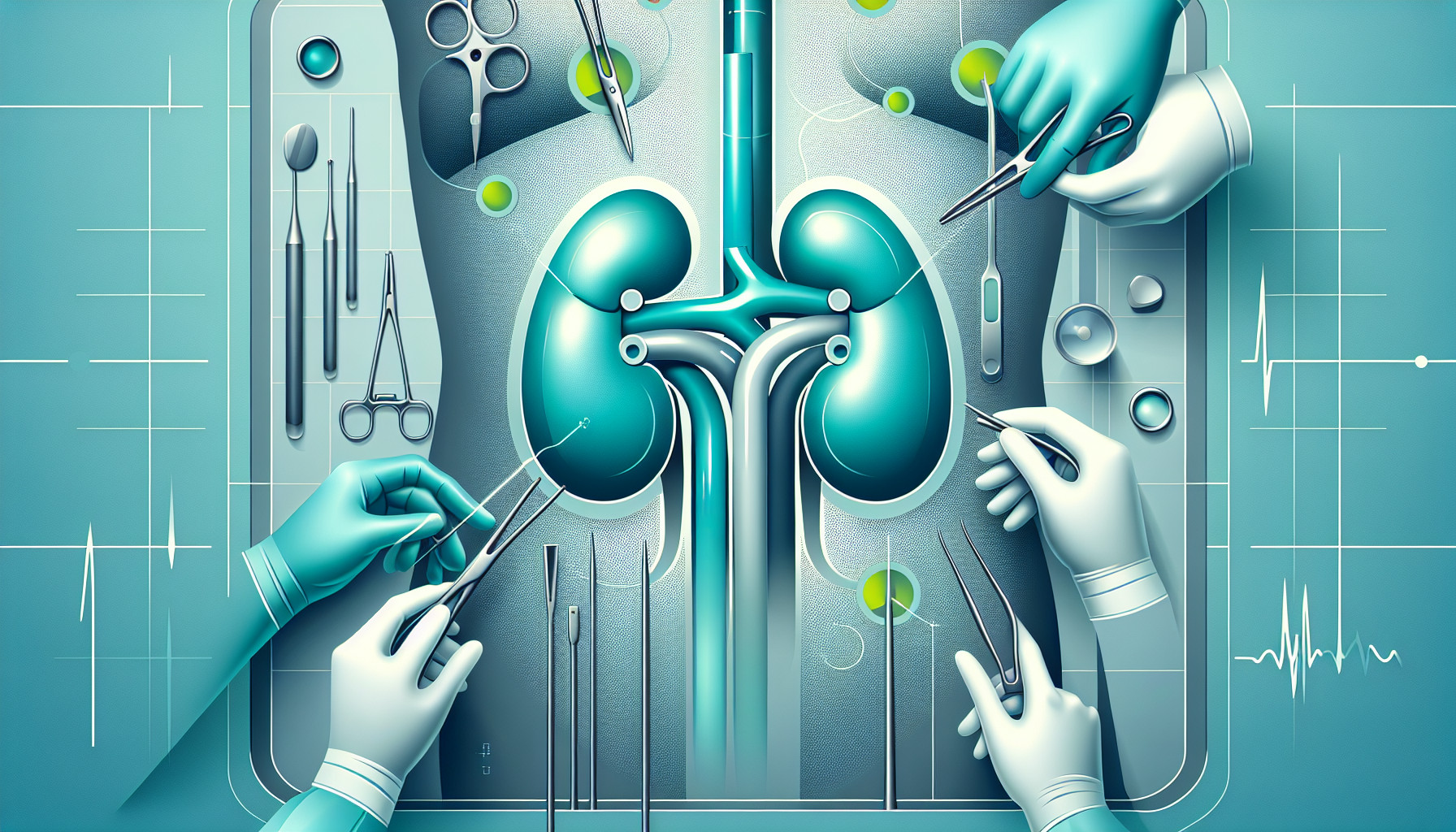Our Summary
The researchers of this study looked at previous studies that evaluated the quality of life in children who have had a kidney transplant. They looked at several databases to find these studies. They found 366 studies, but only eight of them actually evaluated the quality of life of the children using specific tools. The research found that children who have had kidney transplants have a lower quality of life compared to healthy children. However, they found that the quality of life is better after the transplant compared to before the transplant. The study also found that mental, physical, and social conditions are related to the quality of life in these children. This information can help plan better care for children who have had kidney transplants.
FAQs
- What was the main finding of the researchers regarding the quality of life in children who have had a kidney transplant?
- How does the quality of life in children after a kidney transplant compare to before the transplant?
- How are mental, physical, and social conditions related to the quality of life in children who have had kidney transplants?
Doctor’s Tip
One important tip a doctor might give a patient about kidney transplant is to closely follow the post-transplant care plan provided by their healthcare team. This may include taking medications as prescribed, attending follow-up appointments, maintaining a healthy lifestyle, and monitoring for any signs of rejection or complications. By following these recommendations, patients can help ensure the success of their kidney transplant and improve their overall quality of life.
Suitable For
Patients who are typically recommended for a kidney transplant include those with end-stage renal disease (ESRD) who are not responding well to other forms of treatment such as dialysis. Patients who have a high likelihood of survival and improved quality of life post-transplant are also good candidates for a kidney transplant. Additionally, patients who have a suitable donor match, either from a living donor or deceased donor, are considered for a kidney transplant. Patients who are medically stable and able to comply with post-transplant care and medication regimen are also recommended for a kidney transplant. Overall, the decision to recommend a kidney transplant is based on a thorough evaluation of the patient’s medical history, current health status, and potential benefits and risks of the transplant procedure.
Timeline
Before kidney transplant:
- Patient is diagnosed with kidney failure and undergoes dialysis to manage kidney function
- Patient is placed on a waiting list for a kidney transplant
- Patient undergoes extensive medical testing to determine eligibility for transplant
- Patient receives a donor kidney match and undergoes transplant surgery
After kidney transplant:
- Patient begins recovery process post-surgery, including monitoring for any signs of rejection or complications
- Patient takes immunosuppressant medications to prevent rejection of the new kidney
- Patient undergoes regular follow-up appointments and monitoring to ensure the new kidney is functioning properly
- Patient experiences improved kidney function and overall quality of life compared to before the transplant
Overall, the kidney transplant process involves a significant period of waiting, preparation, surgery, and recovery, but ultimately leads to improved kidney function and quality of life for the patient.
What to Ask Your Doctor
- What are the potential risks and complications associated with a kidney transplant?
- How long is the recovery process after a kidney transplant?
- What medications will I need to take after the transplant and what are the potential side effects?
- How often will I need to follow up with my transplant team after the surgery?
- What lifestyle changes will I need to make after the transplant to ensure the success of the new kidney?
- How will the transplant impact my overall health and well-being in the long term?
- What support services are available for transplant recipients, such as counseling or support groups?
- How will the transplant affect my ability to participate in physical activities or sports?
- Are there any dietary restrictions I will need to follow after the transplant?
- What are the chances of rejection of the new kidney and how is this monitored and managed?
Reference
Authors: Araújo NSS, Pereira RRF, Fram D, Hino P, Longo MCB, Taminato M. Journal: Rev Bras Enferm. 2018;71(suppl 6):2818-2823. doi: 10.1590/0034-7167-2018-0464. PMID: 30540061
